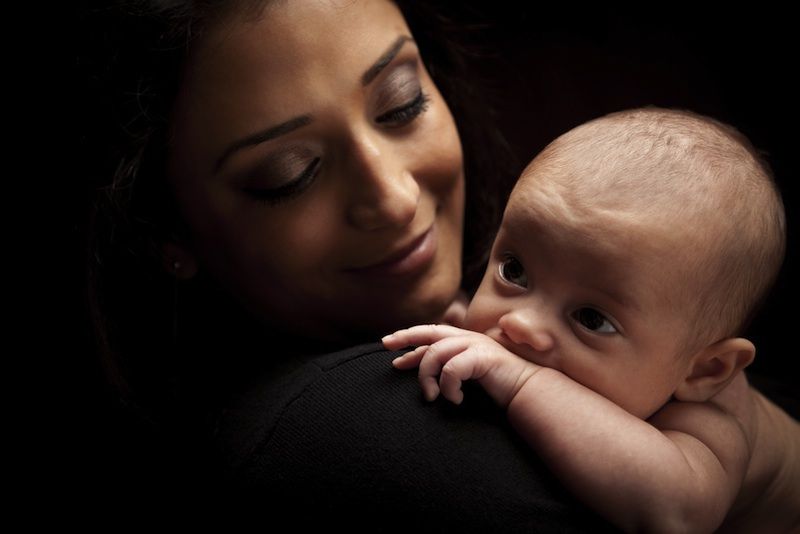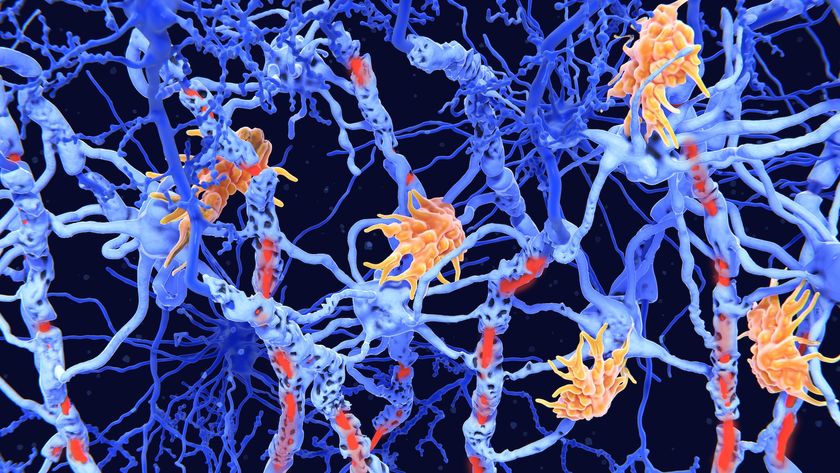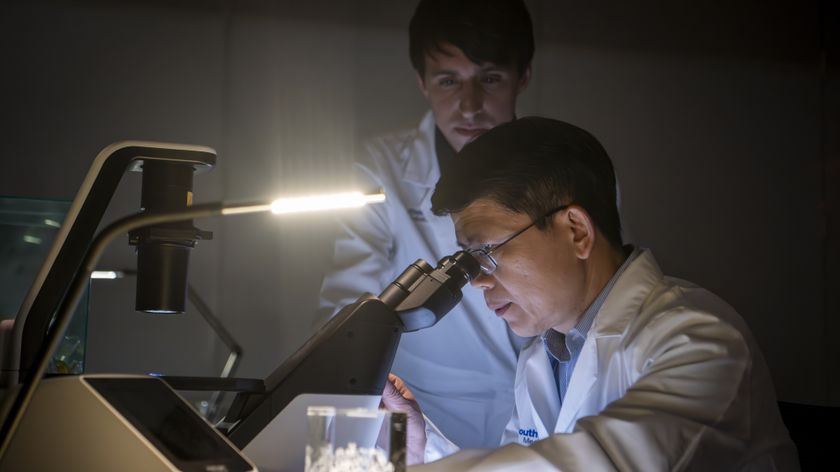Immune System Strength at Birth Linked to Quantity of Baby’s Colds

The number of colds babies have in their first year of life can range from none to 10, a new study finds. And the quantity of colds was linked to the innate strength of the babies’ immune systems at birth.
The science of it is complex, but in a nutshell, the researchers extracted certain cells in blood from newborn’s umbilical cords, exposed those cells to a common respiratory virus (in a lab setting) and determined the strength of the responses.
The cells, called monocytes, are a type of white blood cell that fight infections. When they encounter a virus, the monocytes release a substance called interferon-gamma (IFN-gamma), which stops viruses from replicating.
Further research could lead to a method for boosting the immunity of babies who are born with weak ones.
“Ideally, if these results are confirmed, we would like to be able to intervene based on knowledge of the innate IFN-gamma response,” said Dr. Kaharu Sumino, assistant professor of medicine at Washington University School of Medicine in St. Louis. “We’re not there yet — measuring IFN-gamma levels is complex. But in the future, if we can develop a relatively easy way to find out if someone has a deficiency in this system, we would like to be able to give a drug that can boost the innate immune response.”
The research, announced today, is detailed in the May issue of the Journal of Allergy and Clinical Immunology. It involved 82 babies, mostly African-American, and all of which had at least one parent with allergies, asthma or eczema, putting them at higher risk for these conditions.
This story was provided by MyHealthNewsDaily, a sister site to LiveScience.
Sign up for the Live Science daily newsletter now
Get the world’s most fascinating discoveries delivered straight to your inbox.













